"The key issue is peace, but that's not doing well because Brussels is in a war fever," - Viktor Orban told Kossuth Radio M1's morning program saying that efforts should focus on ending the war as soon as possible, while EU leaders in Brussels are using pro-war logic.
"We are not supplying nor financing arms shipments," the PM underlined, explaining that the current €50 billion in aid is to prevent the Ukrainian state from going bankrupt. He indicated that without EU and US funding, the country would collapse.
"Time is on Russia's side, the prolongation of the war will cause more people to die. Hungary was in danger of having the money due to our country taken and rechanneled to Ukraine," he noted, pointing out that agreements were reached with the major countries to prevent this from happening.
Western Europe has it wrong
According to the premier, the view that the Ukrainians are fighting for us, and that if the Ukrainians do not stop the Russians, they will march into Berlin is a complete misreading of the situation . "The Russians cannot even defeat Ukraine and therefore could not effectively confront NATO in its entirety," he said.
The Western member states are pro-war and we cannot change this, Mr Orban stated, opining that the German press is operating in world war atmosphere.
"Peace will come when there is change in Brussels," the PM said.
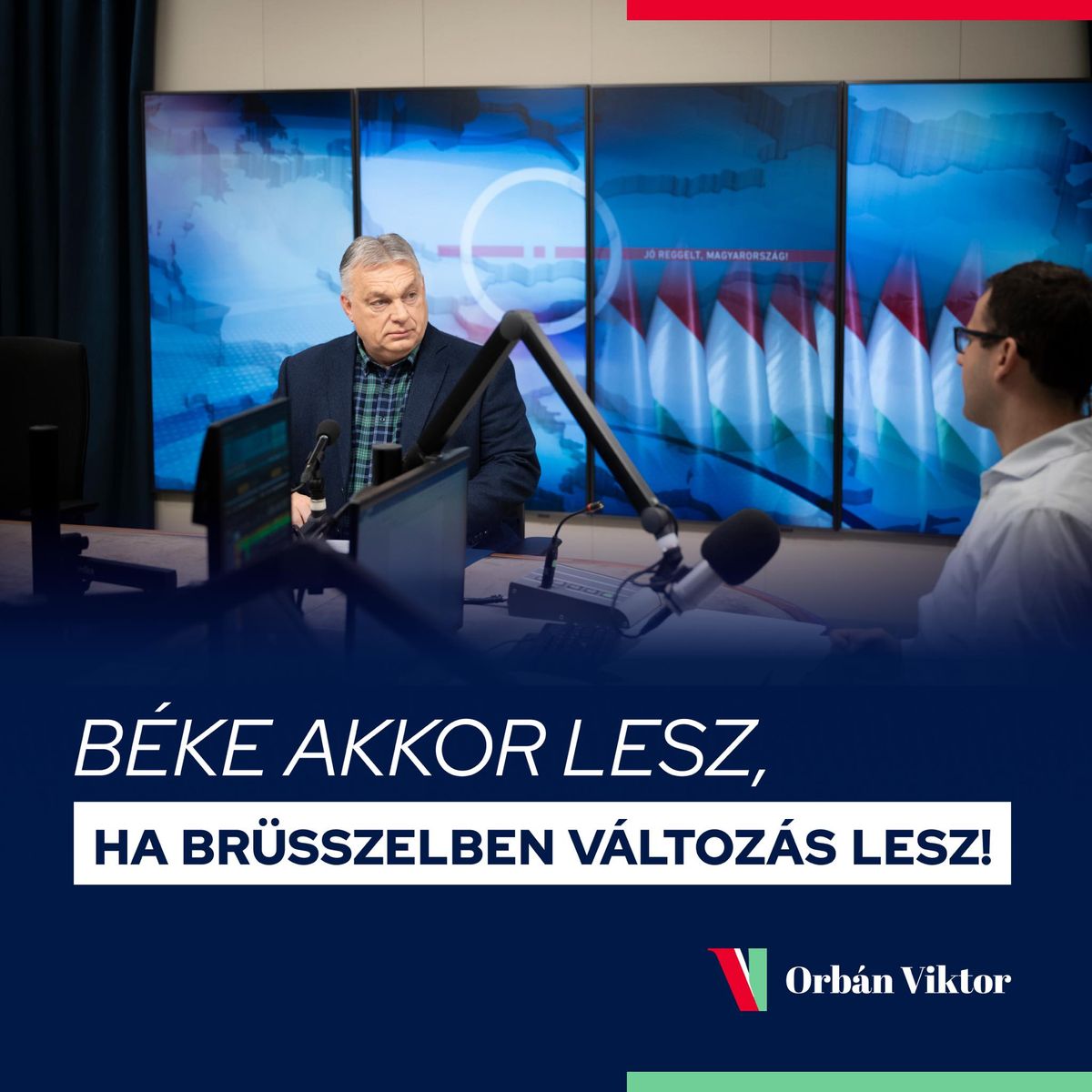
In addition to Ukraine, Hungary's other points of conflict with Brussels include migration policy, gender issues, and the push for doing away with household utilities subsidies and interest rate freezes on borrowing. Mr Orban said the current debate focused solely on Ukraine, and a viable solution had been hammered out in the end.
"In Western parlance, democratic deficit is what they call the phenomenon when the gap between voters and elected leaders becomes too great. In such cases political change occurs, with the populace ousting the leaders."
The PM believes, this is what will happen in June's European Parliamentary elections, where Hungarians also have the opportunity to effect that change.
Siding with farmers
On the farmers' protests in Brussels, Mr Orban said that he had ran into mostly Spanish farmers, who are experiencing the same problems as Hungarian farmers: Brussels's decisions are driving the cost of production sky-high. In addition, products are being allowed to enter the EU from countries where strict standards and regulations do not apply. "Ukrainian agricultural goods should not be allowed in the EU market," the prime minister stressed.
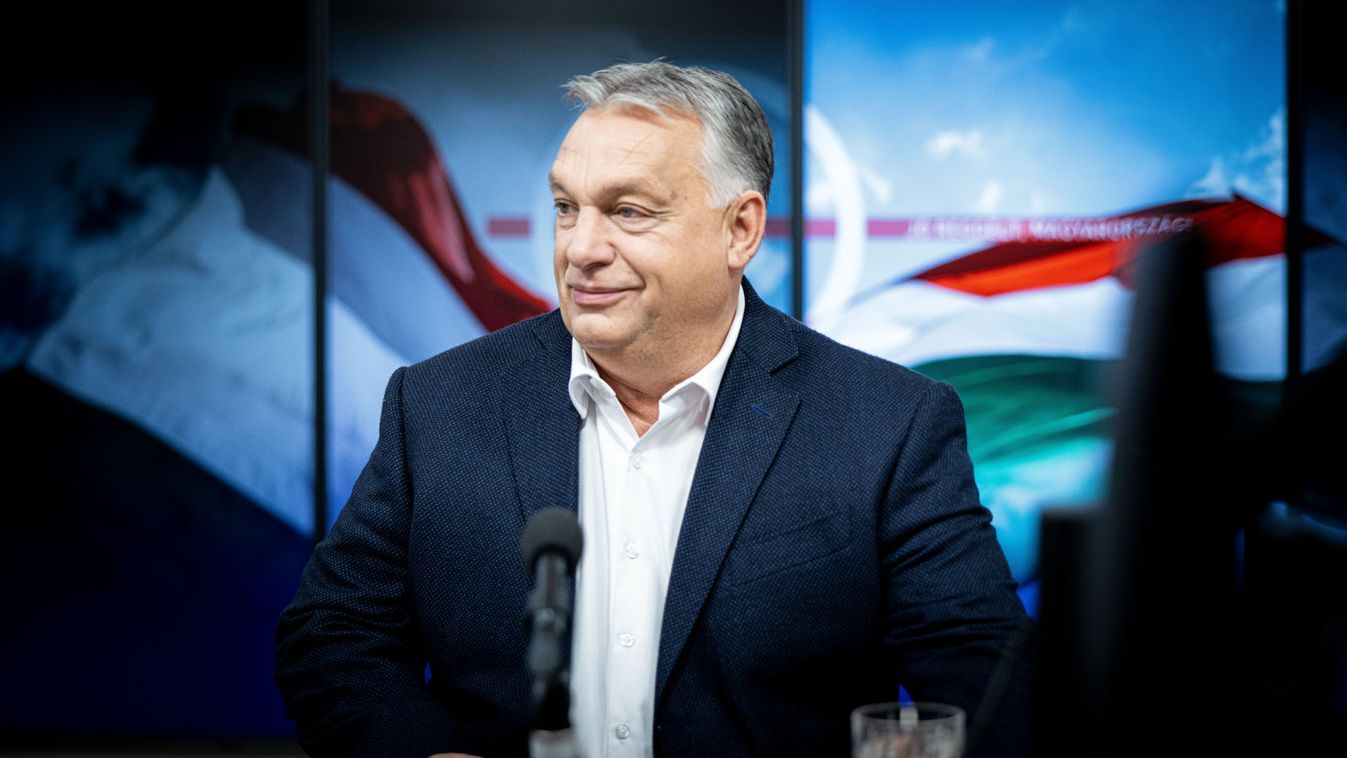
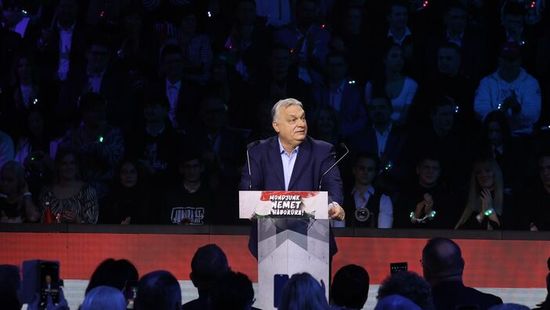
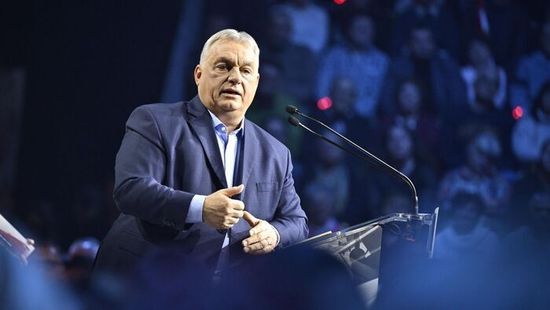
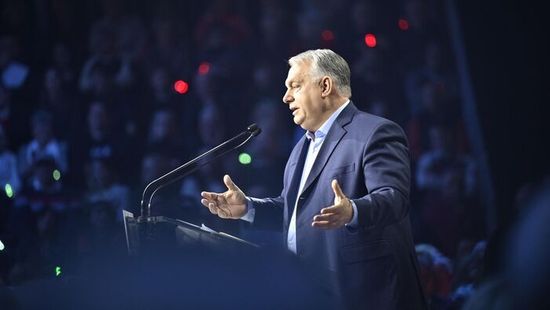
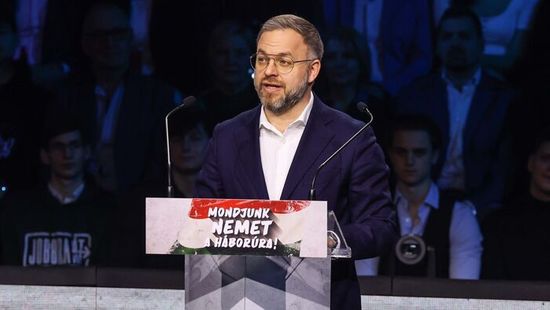

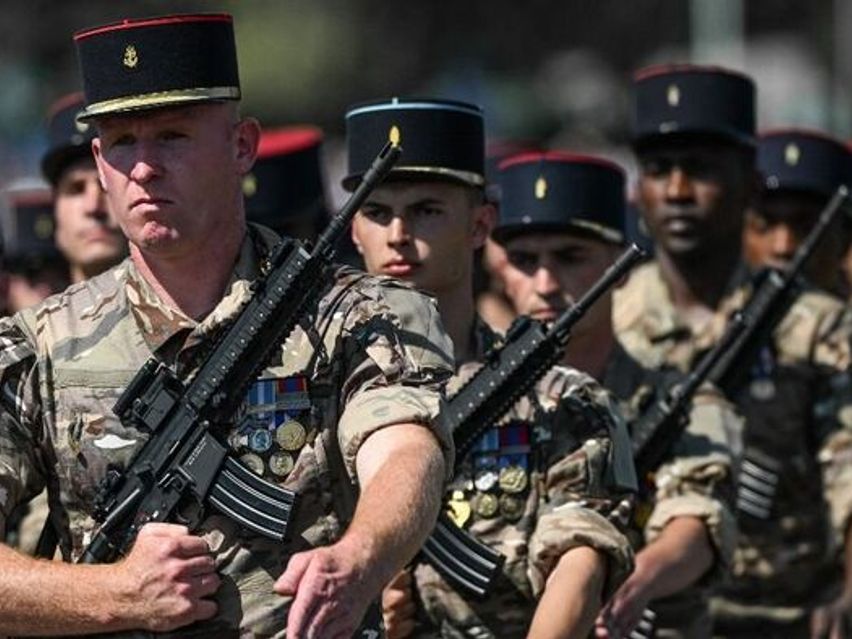
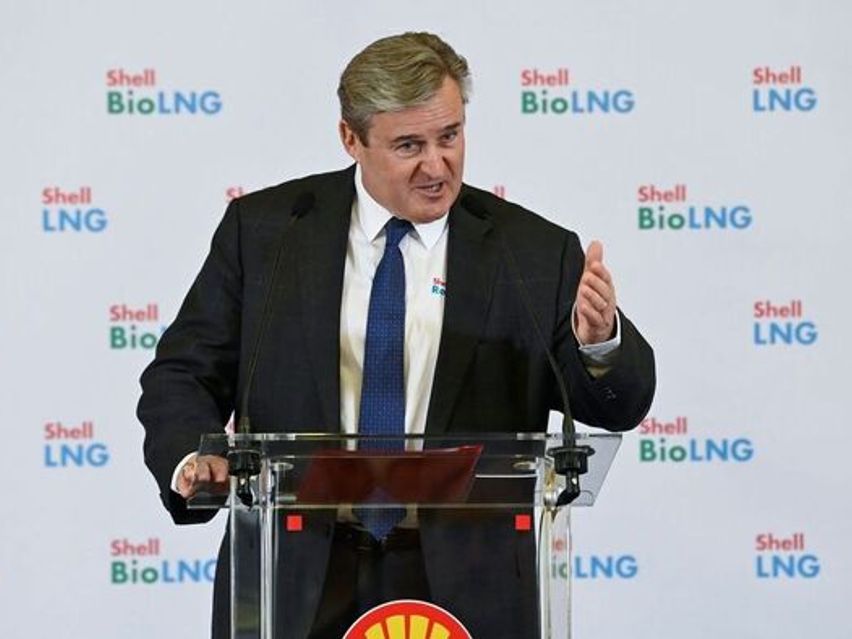
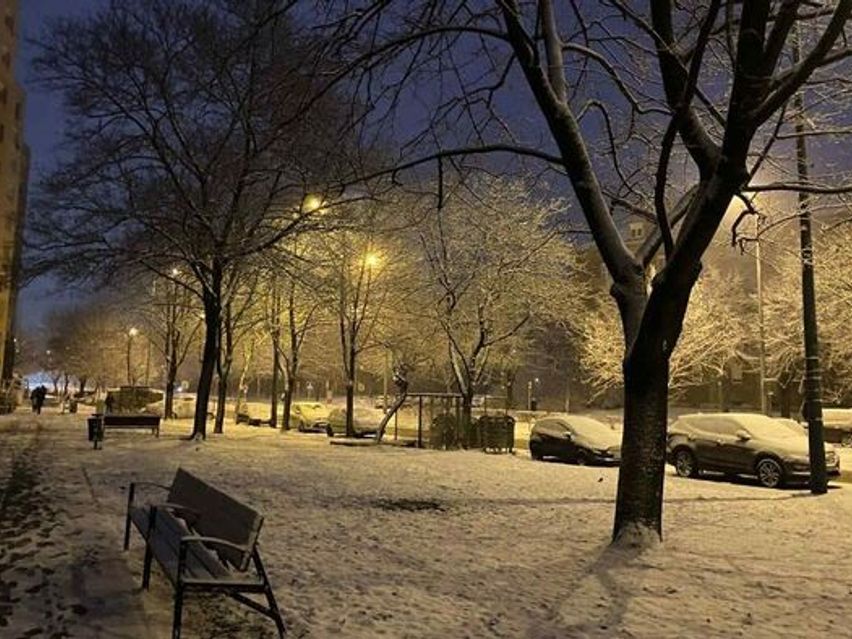


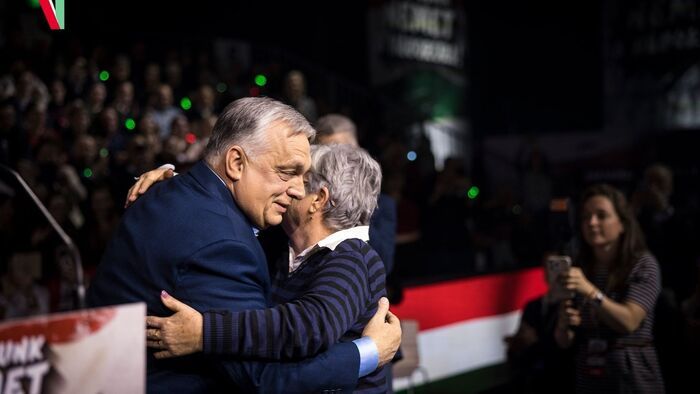
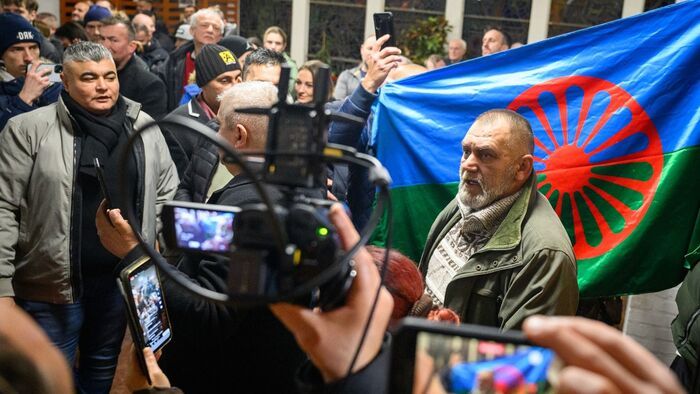
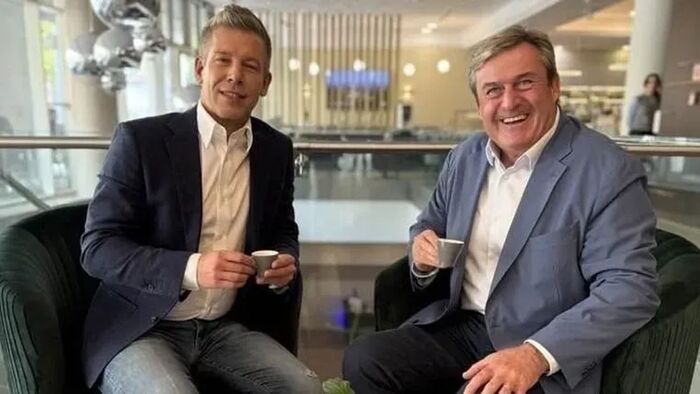
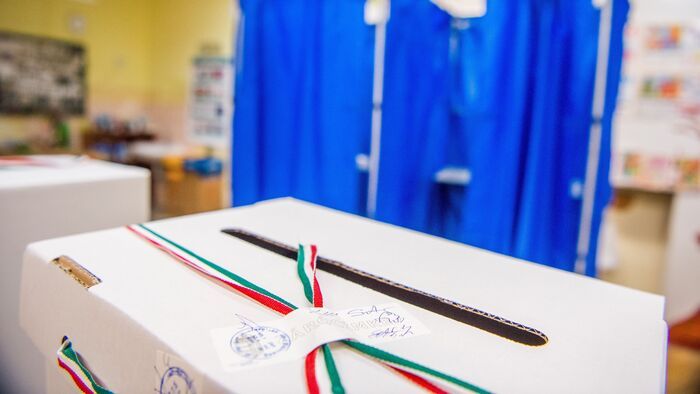
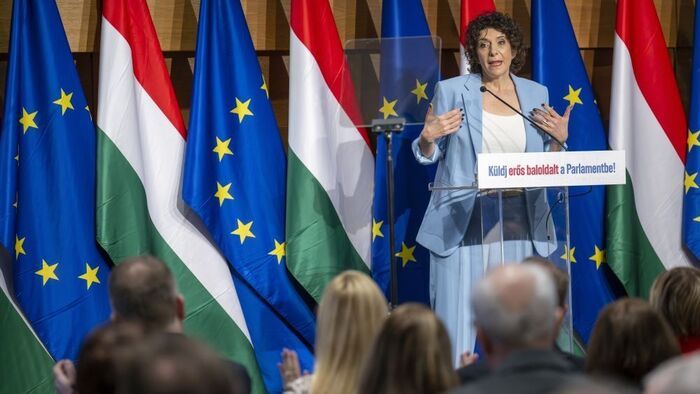
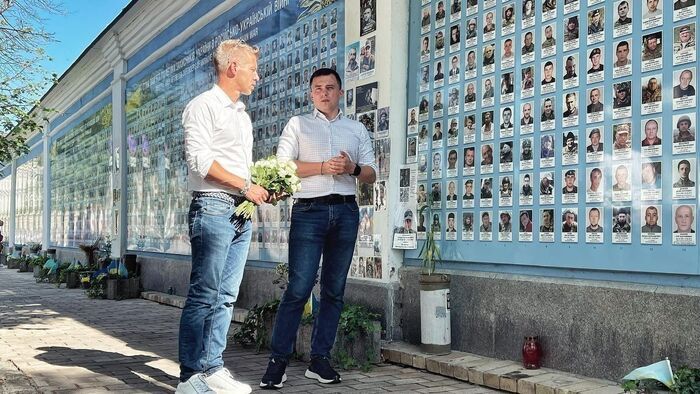
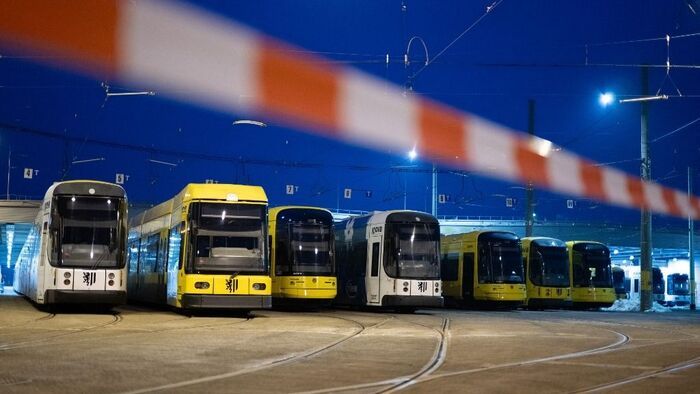

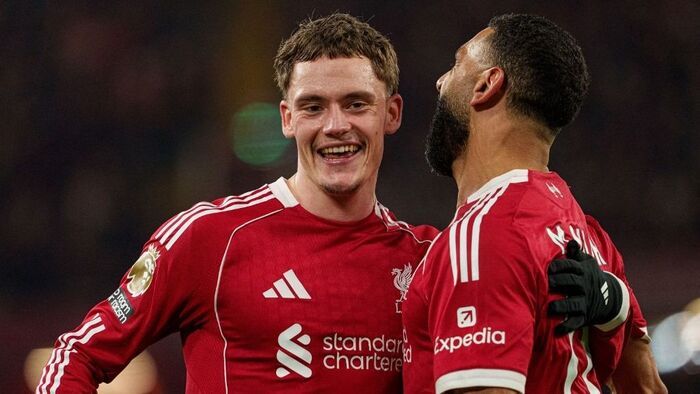
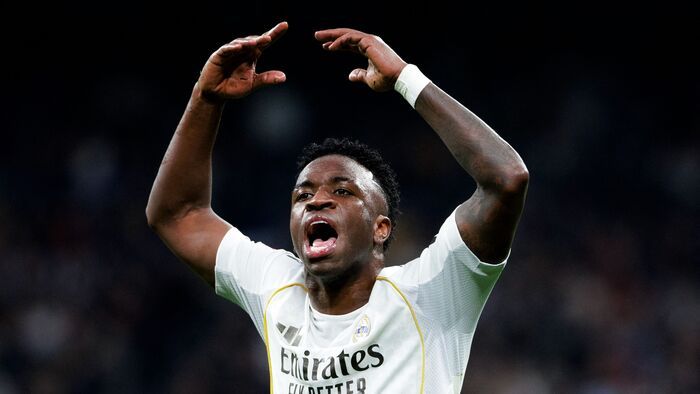
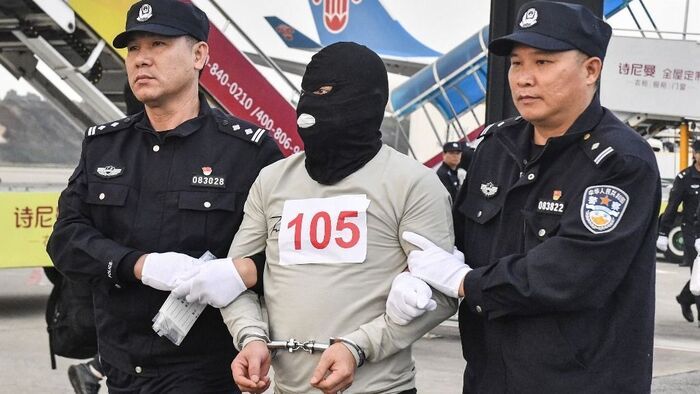

Szóljon hozzá!
Jelenleg csak a hozzászólások egy kis részét látja. Hozzászóláshoz és a további kommentek megtekintéséhez lépjen be, vagy regisztráljon!